The Culmination of More Than 10 Years of Support for the Introduction of Japanese-style Kaizen in Ethiopia: Completion of the TICAD Human Resource Development Center
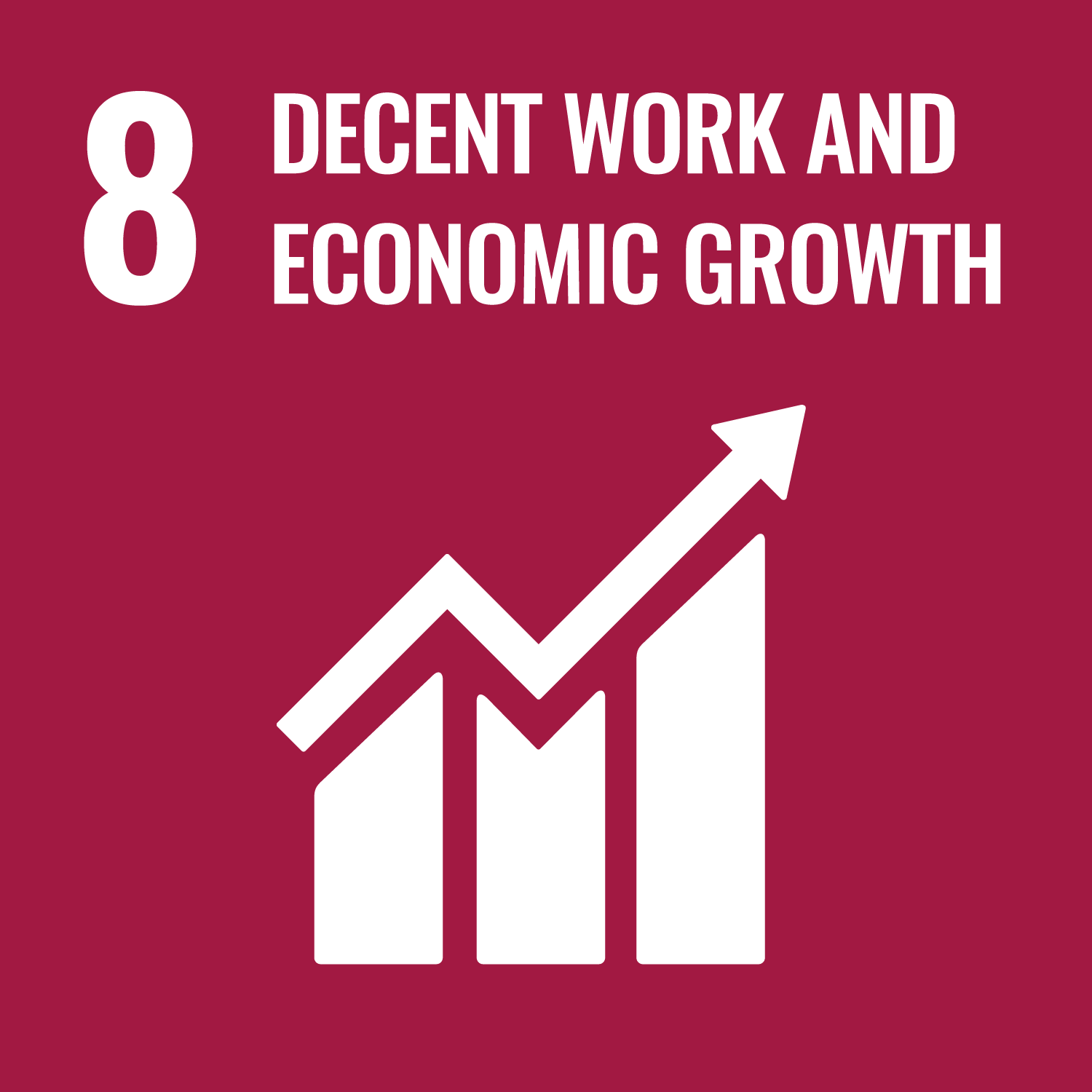
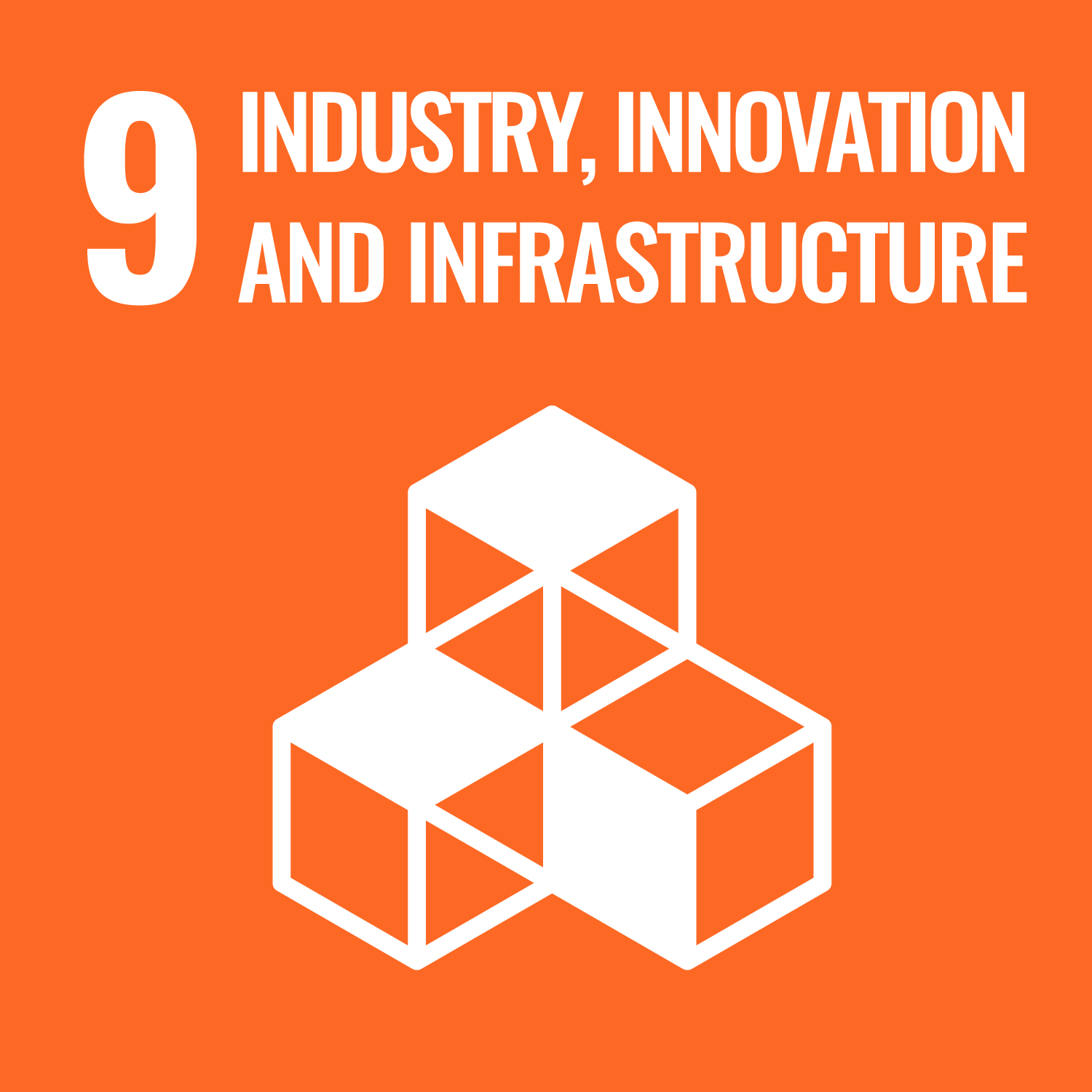
2023.10.19
On October 8, a ceremony was held in Addis Ababa, the capital of the Federal Democratic Republic of Ethiopia, to celebrate the completion of the construction of the TICAD Human Resource Development Center, which was constructed under the grant aid project called "The Project for the Construction of TICAD Human Resource Development Center for Business and Industry," (signed in 2018).
From the Ethiopian side, Deputy Prime Minister and Minister of Foreign Affairs H.E. Demeke Mekonnen Hassen, Minister of Industry H.E. Melaku Alebel, Minister of Revenues H.E. Aynalem Nigusie, and other government officials attended the ceremony. From the Japanese side, Ambassador Ito Takako from the Embassy of Japan in Ethiopia, JICA Senior Vice President Imoto Sachiko, Chief Representative Morihara Katsuki from the JICA Ethiopia Office, and others attended. In addition, kaizen officials from 20 other countries also participated in the ceremony.
Kaizen is the mechanism for improving quality and productivity at production sites that has supported Japan's rapid economic growth. The Ethiopian government, in order to strengthen industrial competitiveness, is focusing on human resource development that incorporates kaizen as a measure to move away from the traditional agricultural-based economy and to instead promote manufacturing, especially light industry. At the heart of this effort is the Kaizen Excellence Center (KEC), which provides training to private companies with the goal of improving productivity.
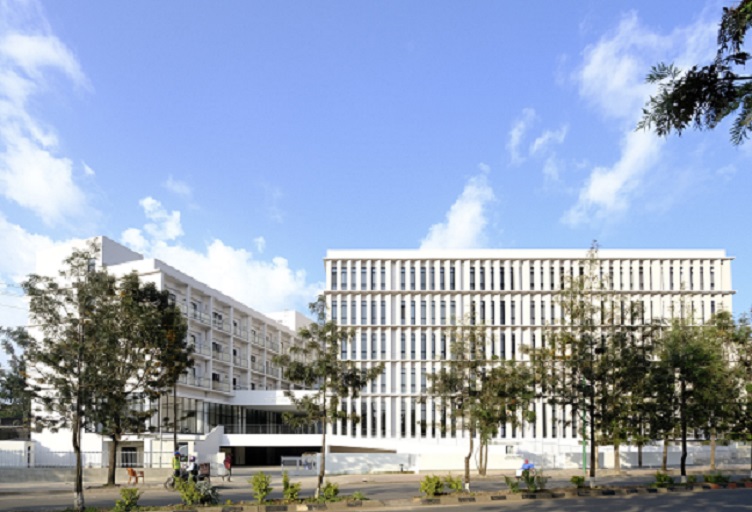
TICAD Human Resource Development Center
For more than 10 years, JICA has been providing technical cooperation to promote and implement kaizen in Ethiopia and has been working to strengthen the organizational structure and kaizen leadership capacity of the Ethiopian government, in order to contribute to the promotion of the manufacturing industry within the country. The KEC, which plays a central role in this effort, has provided training and guidance to private companies and other organizations in Ethiopia to introduce kaizen, and to date, more than 1,500 companies and organizations have received training and more than 200,000 people have participated.
The Ethiopian government's goal is to expand kaizen nationwide through further expansion and strengthening of the KEC's functions. Currently, training for the introduction of kaizen is conducted by KEC instructors who travel to target organizations and companies, making it difficult to spread the program to areas far from the capital and serving as an obstacle to its nationwide expansion.
The TICAD Human Resource Development Center, which includes a training and administrative office building, an accommodation building, and training equipment, will make it possible to provide training to organizations and companies from different regions of the country by bringing them to the capital, thereby contributing greatly to the national expansion of kaizen in Ethiopia. In addition, it will be possible to invite organizations and companies not only from Ethiopia but also from neighboring countries to participate in the training, and the center is expected to become a base for the spread of kaizen throughout Africa as a whole.
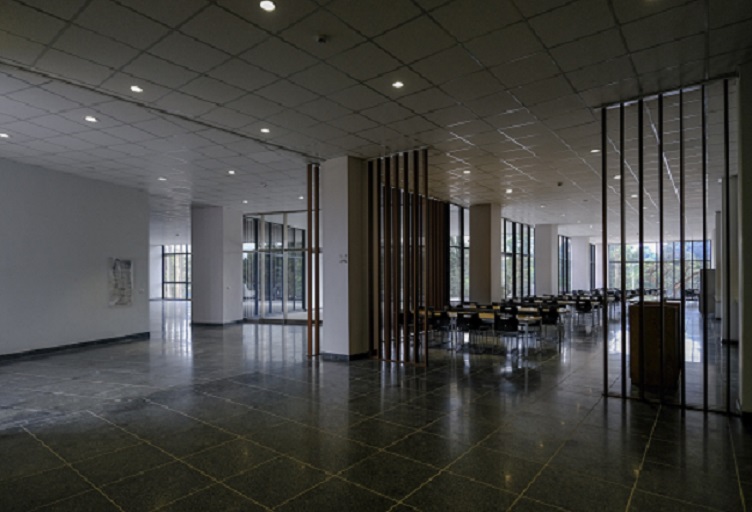
Inside of the TICAD TICAD Human Resource Development Center
At the ceremony, JICA Senior Vice President Imoto talked about her expectation that the TICAD Human Resource Development Center will become a hub for industrial human resource development in Africa as a Center of Excellence (CoE), where the results of kaizen dissemination throughout the continent will be shared. She also mentioned that Ethiopia has already begun to promote kaizen in neighboring countries by dispatching kaizen trainers and accepting trainees, and that the establishment of the center will further strengthen its role in this regard. Deputy Prime Minister and Minister of Foreign Affairs H.E. Demeke then responded by explaining that this center represents the longstanding and friendly bilateral relationship between Ethiopia and Japan. He said that he is convinced that kaizen is an important tool for improving productivity in Ethiopia.
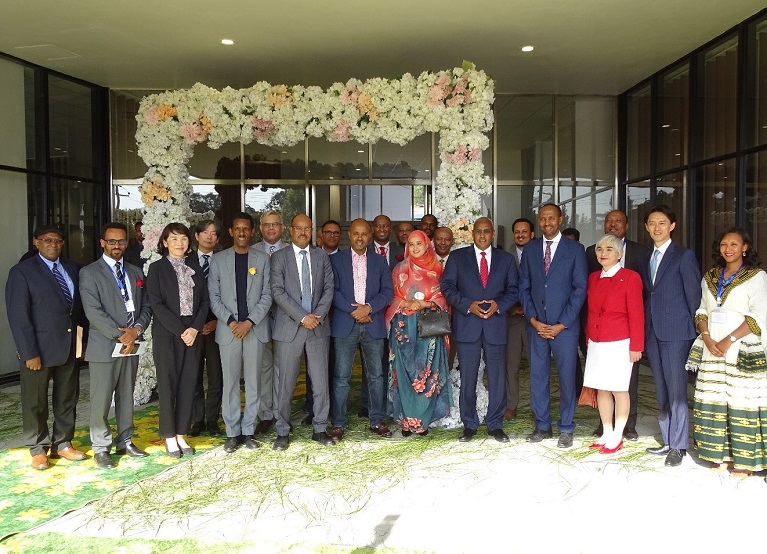
Participants from Ethiopian and Japan side
JICA will continue to contribute to the improvement of the quality and productivity of industries in Ethiopia and the country’s economic development in general, while keeping in line with the Japanese government's policies.
scroll